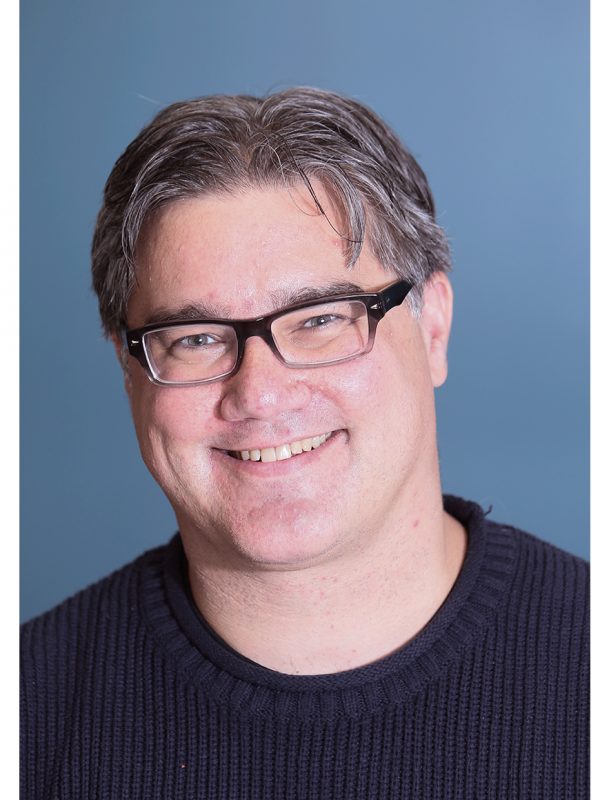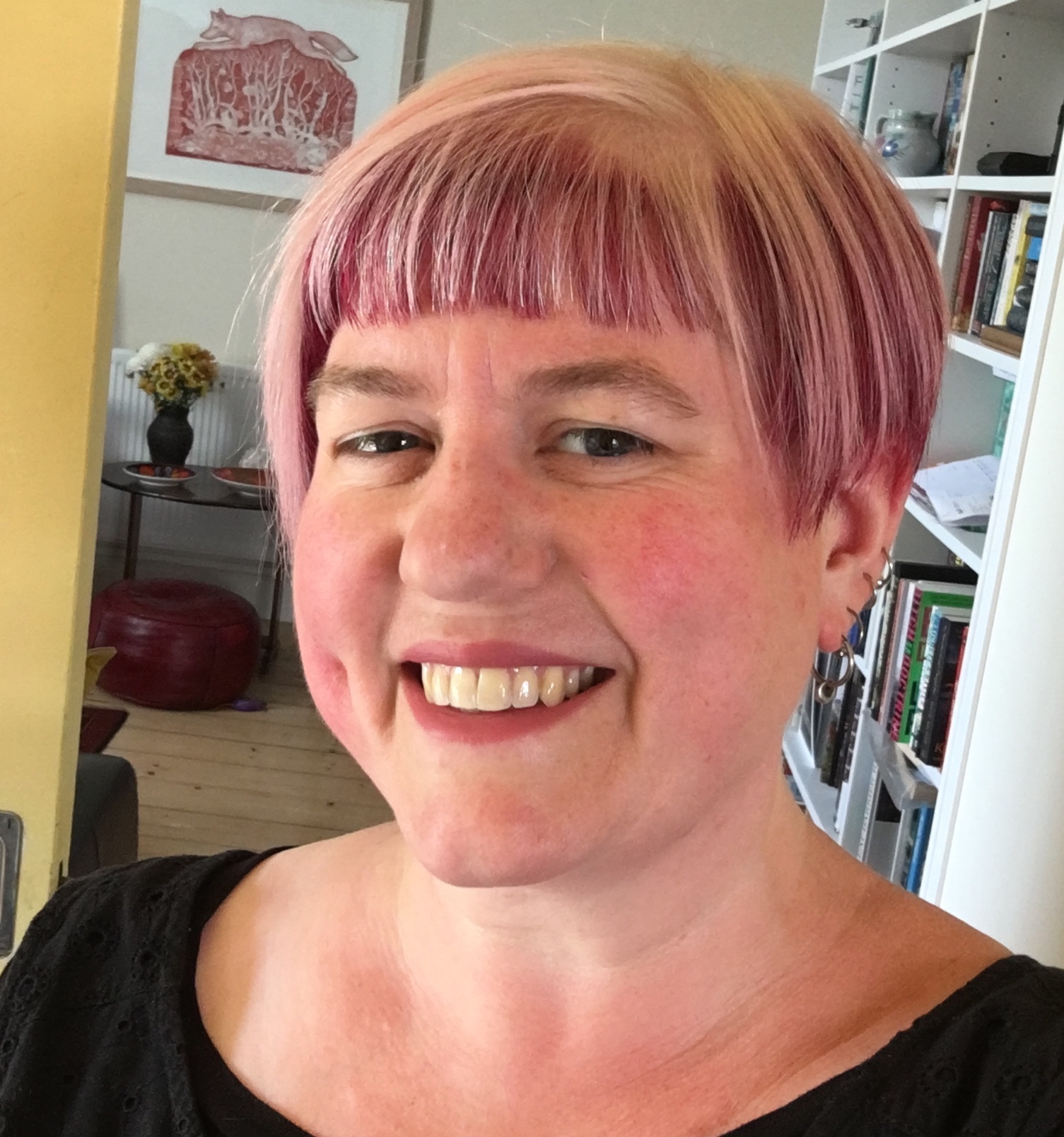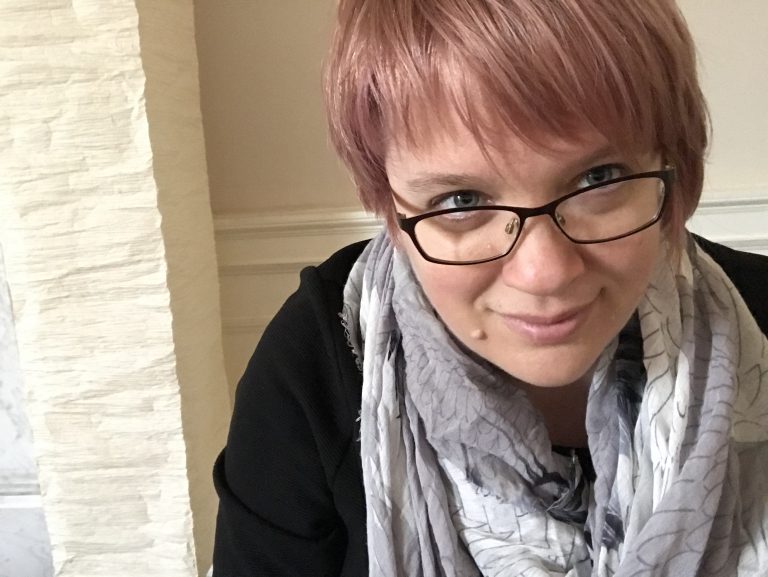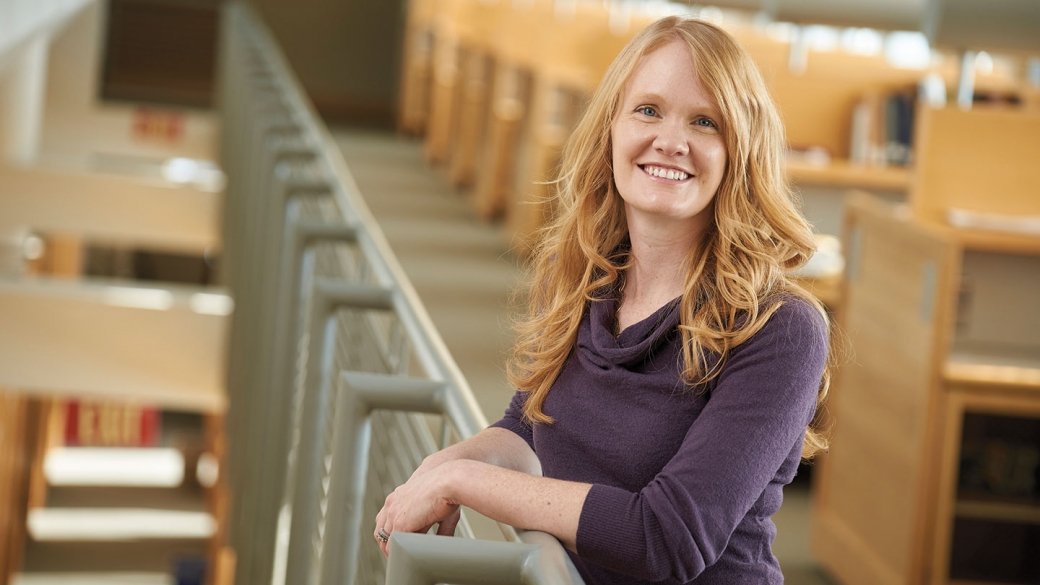About
‘After Surveillance’ is a network of people whose work involves imagining and developing alternatives to problematic visibility & surveillance in higher education. Starting with a series of online meetings in 2019, its aim is to foster conversations, collaborations and exchanges; develop new projects; and serve as a point of connection for work in this area.
HEAS Positions
We offer the following positions for context, analysis, disagreement, amendment and addition.
Surveillance erodes trust
While we have the technical ability to surveil students and staff in ever increasing depth and detail, this has an inverse relationship to trust. Trust and surveillance are antithetical to one another.
Surveillance is not care
Companies sell surveillance as a kind of “care.” It is vitally important to counter the ‘surveillance as care’ rhetoric. Surveillance harms students and staff by eroding the personal relationships vital to the success of our institutions.
Surveillance always expands
Surveillance begets surveillance and the continuing spread of surveillance is highly problematic for both staff and students.
Trust is about relationships, not spaces
If you can only trust people in small, face-to-face settings, then you don’t have trust. You have organic surveillance. Overemphasis on the authentic space of trust as the small, physical classroom, and on massive or mediated courses as inherently untrustworthy, is unhelpful.
Surveillance is a symptom
The intelligent campus, online proctoring, learning analytics, plagiarism detection, and attendance monitoring need to be carefully examined for their effects on relationships within the university – and antidotes developed where needed.
Questions
- What are the trusting digital futures we want to see in higher education? What forms of resistance to surveillance are being enacted, and being imagined?
- What do institutions that foreground trust look like? What could they look like?
- How do we begin to develop strategies in higher education that account for and work with pedagogical goals and values?
Participate
We’re always looking for participants and partners. Contact us with ideas, comments, or the desire to participate. You can also submit relevant personal stories, research, or media coverage on our observatory site.
Members

Brian Lamb

Anne-Marie Scott

Jen Ross
